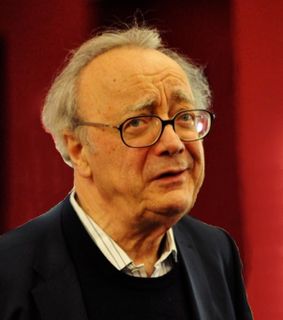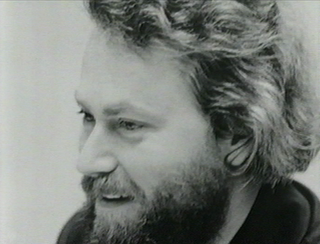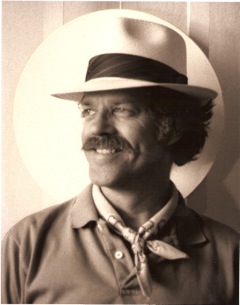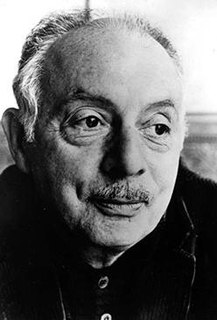A Quote by Robert Dessaix
You turn your life into a work of art in order to redeem the ordinariness - a condition you are stuck with.
Related Quotes
Now the work of art also represents a state of final equilibrium, of accomplished order and maximum relative entropy, and there are those who resent it. But art is not meant to stop the stream of life. Within a narrow span of duration and space the work of art concentrates a view of the human condition; and sometimes it marks the steps of progression, just as a man climbing the dark stairs of a medieval tower assures himself by the changing sights glimpsed through its narrow windows that he is getting somewhere after all.
There is some other form that you contain within yourself that is not will or purpose and, when applied to art, serves you best. If you systematically apply to the art that you create the aggression of the world that turned you towards art in the first place; if you, in turn, become the aggressor towards your canvas, the thing that you're doing; if you, in turn, work your will upon this thing that you want - you will then cause a dissatisfaction in this life that you create.
To approach a city, or even a city neighborhood, as if it were a larger architectural problem, capable of being given order by converting it into a disciplined work of art, is to make the mistake of attempting to substitute art for life. The results of such profound confusion between art and life are neither life nor art. They are taxidermy.
...start thinking of yourself as an artist and your life as a work-in-progress. Works-in-progress are never perfect. But changes can be made...Art evolves. So does life. Art is never stagnant. Neither is life. The beautiful, authentic life you are creating for yourself is your art. It's the highest art.
A life lived in chaos is an impossibility for the artist. No matter how unstructured may seem the painter's garret in Paris or the poet's pad in Greenwich Village, the artist must have some kind of order or he will proudce a very small body of work. To create a work of art, great or small, is work, hard work, and work requires discipline and order.
art is the most general condition of the Past in the present. ... Perhaps no work of art is art. It can only become art, when it is part of the past. In this normative sense, a 'contemporary' work of art would be a contradiction - except so far as we can, in the present, assimilate the present to the past.
The art is more important than the artist. The work is more important than the person who does it. You must be prepared to sacrifice all the you could possibly have, be, or do; you must be willing to go all the way for your art. If it is a question between choosing between your life and a work of art -- any work of art -- your decision is made for you.
I refuse to turn to theology to justify the life or redeem it. There is a question always of the connection to the eternal. I say to myself above all, keep alive your conviction that there are sacred elements in the life in the practice of the life that must be respected. But the conviction in the existence of the sacred does not necessarily imply that you need to believe in a creator, because we are the ones that made the sacred.







































